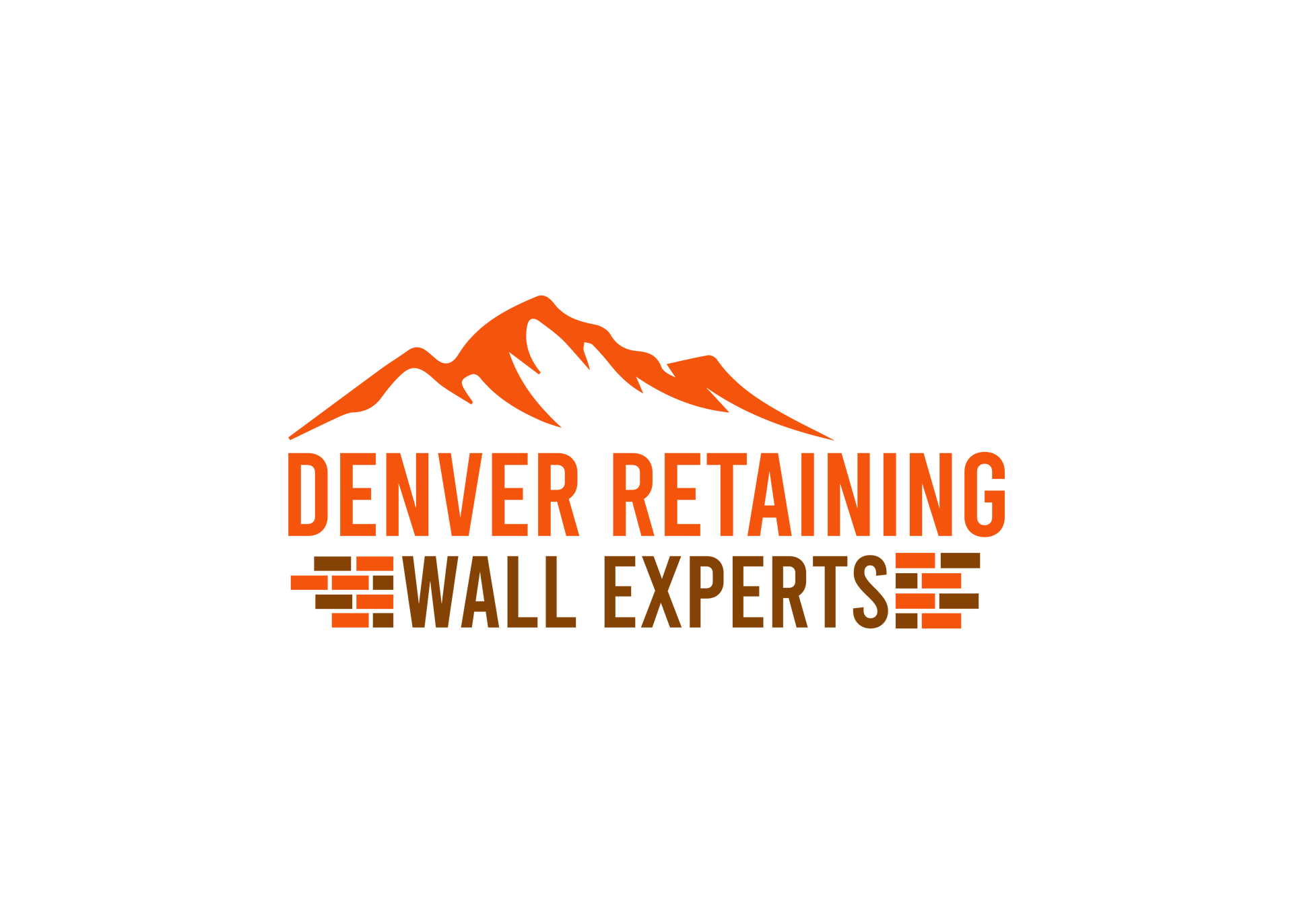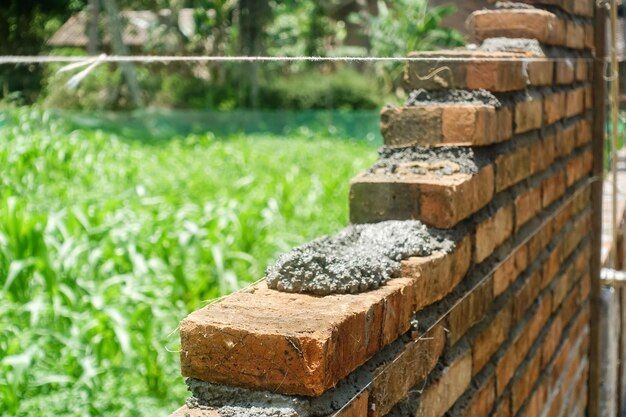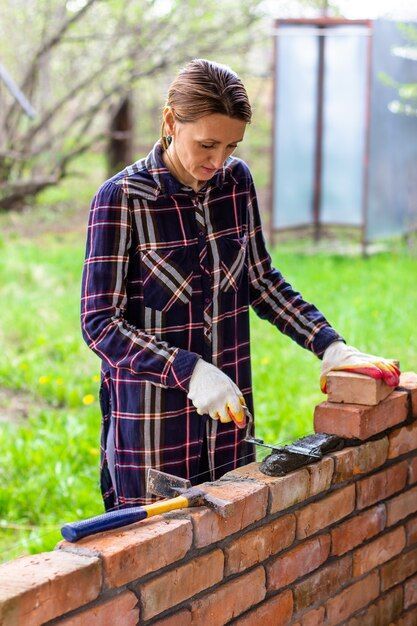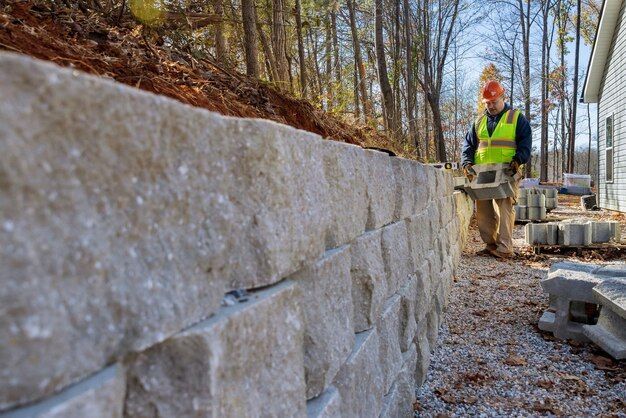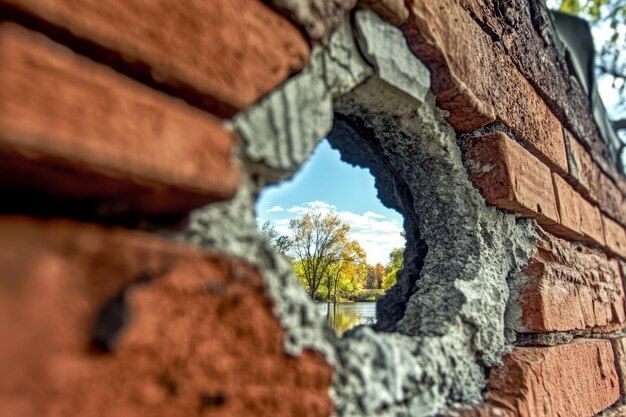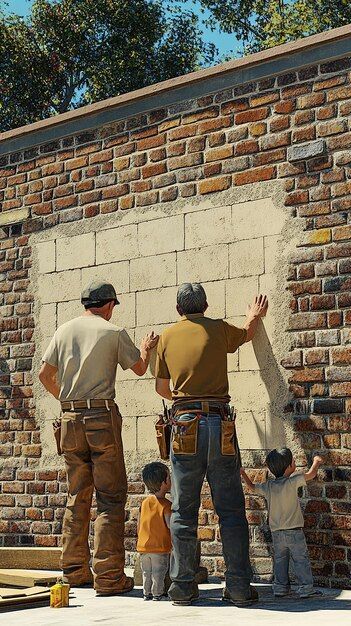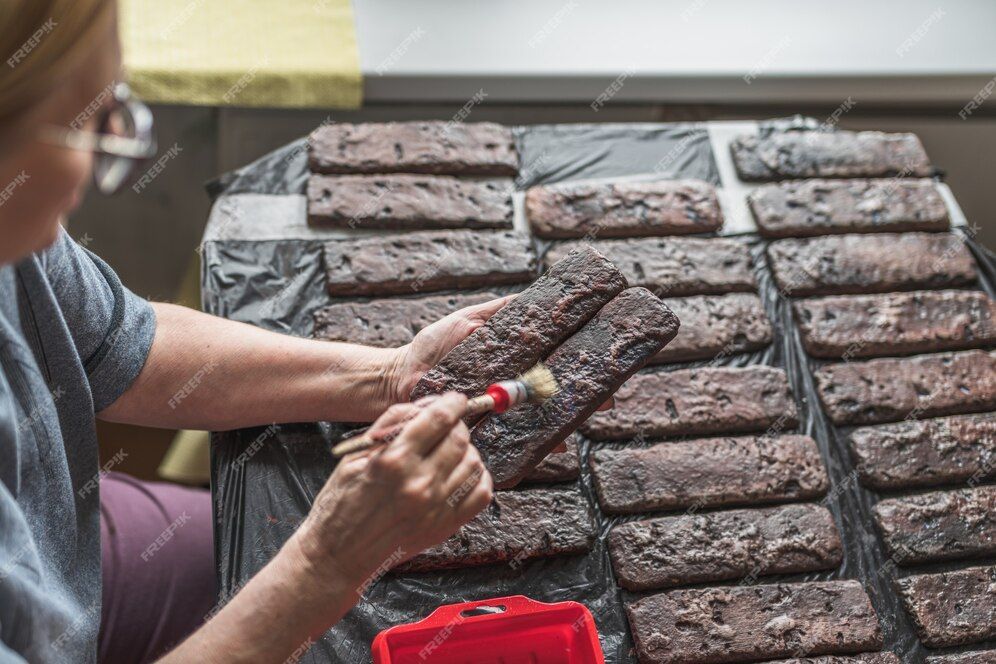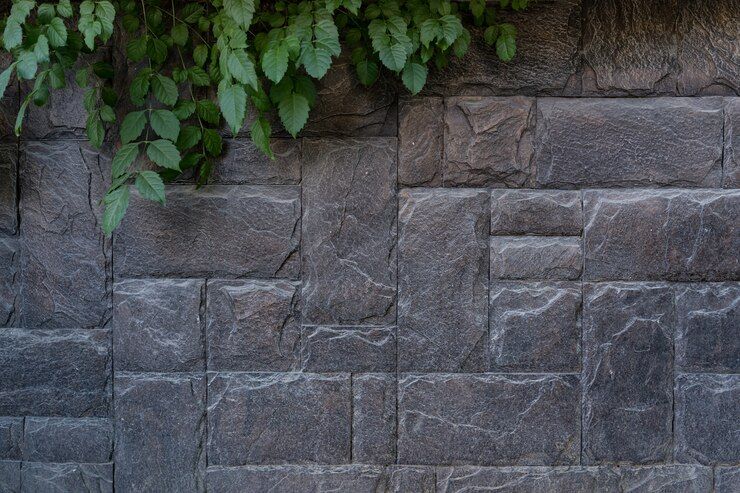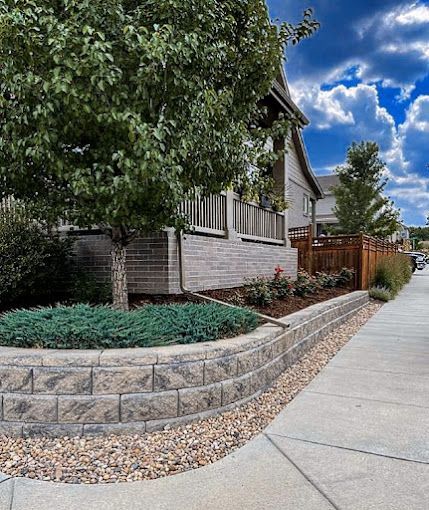Denver Retaining Wall Experts
CALL US NOW 720-650-8355
Emergency Retaining Wall Repairs: What Denver Residents Need to Know
As residents of Denver, we all know that the landscapes in our motherland are commonly hilly and uneven. That is why retaining walls play an important part in maintaining the stability of our land by helping prevent soil erosion, holding up vertical grade changes, and dealing with water runoff. But as time passes by, it is unavoidable for retaining walls to show some signs of damage. Regular and effective repairs are important to prevent certain damage from getting worse. That is why in this article, we will discuss what you need to know as a resident of Denver about emergency retaining wall repairs, maintenance tips, and enhancements to improve your Denver wall performance.
But first, you need to understand that this structure has several types such as gravity walls, cantilevered walls, anchored walls, and sheet piling walls. Each type of retaining wall has its construction method to provide different needs and soil conditions.
Signs That Your Retaining Wall Needs Emergency Repair
It is best to recognize early signs of damage to prevent small issues from becoming major risk problems for your retaining wall. Here are some indicators that your retaining wall may require emergency repairs:
- Noticeable crack: If the walls have cracks, it means structural stress or the soil is shifting.
- Bulging or Leaning: The wall is failing or not effective in holding back the soil if the sections bulge or lean outward.
- Water Seepage: The wall can weaken its structure if there is leakage that can lead to erosion.
- Soil Erosion: Erosion behind the wall can lead to destabilization of your entire structure.
- Rapid Changes: It is a clear sign of significant structural issues if there are sudden shifts in the alignment or position of your wall.
Immediate Steps to Take When You Notice Damage
If you notice any of the given signs, it is important to take prompt action:
- Check the Damage: Make a visual inspection and get a professional assessment if possible.
- Temporary Stabilization: Create a short-term solution like bracing to temporarily stabilize the wall and reduce the load pressure.
- Contact a Professional: Seek professional assistance from a reliable wall repair service in Denver to address the issue ahead of time.
Common Emergency Repair Techniques
Many techniques can be used to repair retaining walls, depending on the accumulated damage to your retaining wall:
- Crack Injections: It is a process of sealing the cracks with the use of epoxy or polyurethane injections to prevent the water from infiltrating the wall.
- Soil Nailing: It is a type of reinforcement to the wall with steel nails driven into the soil behind it.
- Tiebacks and Anchors: It is the process of installing anchors to give extra support against the pressure from the soil.
- Rebuilding and Repointing: If the damage is severe, this is a good option that involves reconstruction of the damaged sections and reinforcing weak areas to restore the wall’s integrity.
Maintenance Tips to Prevent Future Emergencies
The key to extending the life of your retaining walls and preventing emergencies is regular maintenance. Here are some tips:
- Regular Inspections: Conduct regular inspections to identify if there are any early signs of damage.
- Proper Drainage System: Maintain the functionality of your drainage to prevent water buildup.
- Control Vegetation: Avoid uncontrolled vegetation near your wall by managing plant growth to prevent root damage.
- Manage Water Runoff: To prevent pooling and erosion, direct the water away from your wall.
Choosing the Right Professional for Emergency Repairs
For a successful retaining wall repair, consider the following:
- Experience and Certifications: Look for a contractor with proven experience and certifications.
- Questions to ask: Ask about their repair method and techniques, timeline and estimates.
- Local Expertise: Choose a local contractor who is familiar with the unique geological conditions of Denver.
Cost Considerations for Emergency Retaining Wall Repairs
It is also important to the cost factors to help maximize the cost and manage the budget effectively:
- The Extent of Damage: How severe the damages are and the repair techniques required.
- Materials Used: The quality and types of materials and equipment needed for the repair.
- Labor Costs: The amount of professional labor in your area.
We cannot prevent our retaining walls from accumulating damage, particularly if constructed for a long time. Always remember that repairing your retaining wall promptly is important for maintaining the safety and stability of your property. By educating yourself about emergency retaining wall repairs, maintenance tips, and enhancements to improve the performance of your retaining wall in Denver, you can ensure the functionality and aesthetic appeal of your retaining wall last. You, I, and all other residents of Denver can enjoy peace of mind knowing that their retaining walls can withstand any challenges to come.
